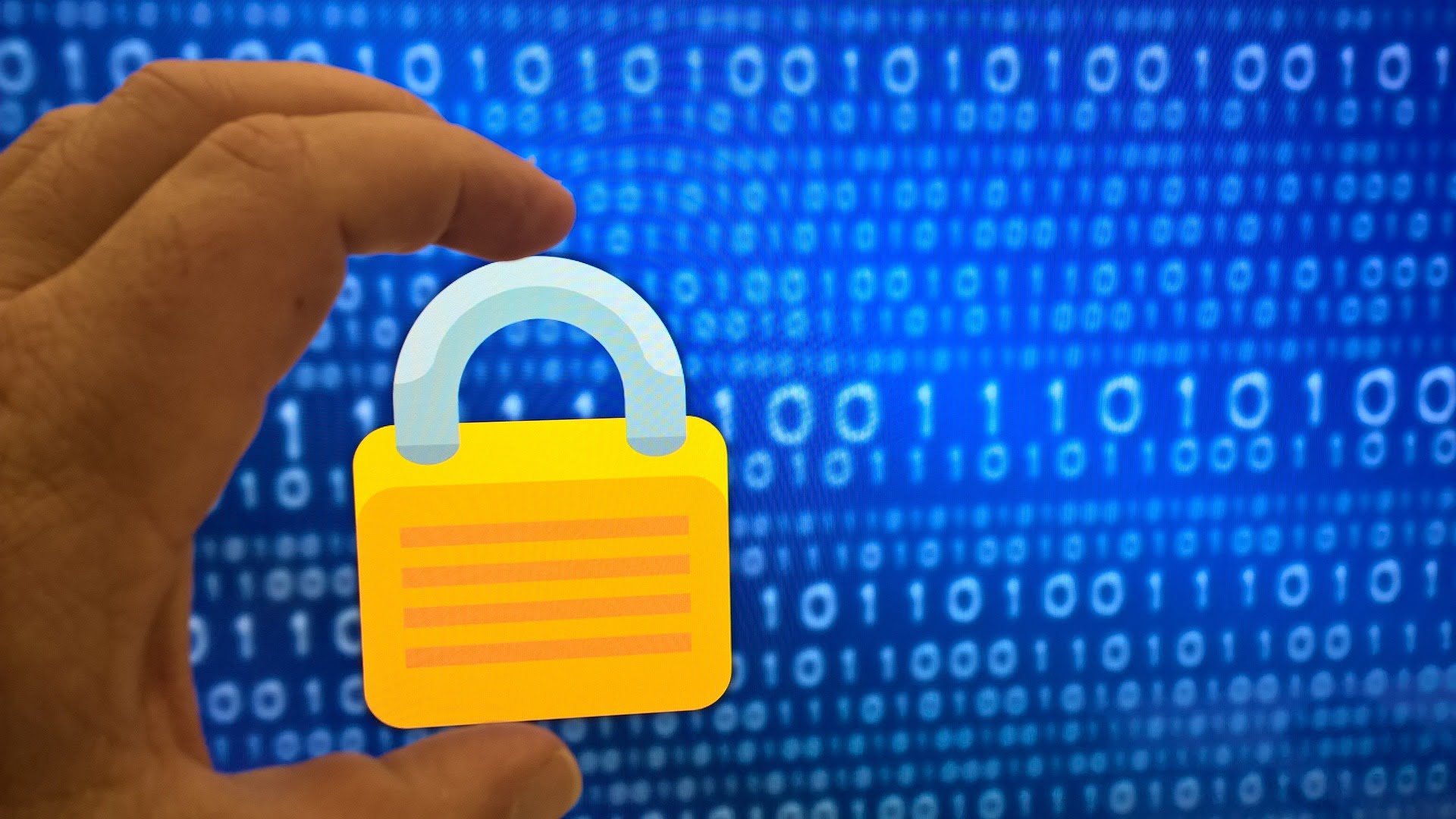Passwords are the primary form of security for many online accounts, but they can also be a weak point if not handled properly. Here are some ways that your password can get into the wrong hands and how to prevent it.

One way that passwords can be compromised is through phishing scams. These are attempts to trick you into giving away your login information by pretending to be a legitimate website or company. These scams can come in the form of an email, text message, or even a phone call. To protect yourself from phishing scams, be suspicious of any unsolicited messages that ask for your login information and only enter your password on websites that you trust.
Another way that passwords can be compromised is through the use of weak or easily guessable passwords. Passwords that are easily guessable, such as “password” or “123456”, are vulnerable to brute force attacks, where a hacker uses a program to automatically try different combinations of characters until they find the correct one. To prevent this, use strong, unique passwords for each of your accounts and consider using a password manager to generate and store them securely.
A third way that passwords can be compromised is through the use of unsecured networks. Public Wi-Fi networks, such as those found in coffee shops or airports, can be easily hacked by someone with the right tools. This can allow a hacker to intercept your login information as it is transmitted over the network. To prevent this, avoid using public Wi-Fi networks for sensitive activities, such as online banking or shopping, and instead use a virtual private network (VPN) to encrypt your internet connection.
A fourth way that passwords can be compromised is through the use of malware or viruses. These malicious programs can be installed on your computer or mobile device without your knowledge and can steal your login information. To prevent this, keep your operating system and anti-virus software up-to-date, and be cautious when downloading files or clicking on links from untrusted sources.
Lastly, passwords can also be compromised through social engineering attacks. These are when attackers trick you into giving away your login information through manipulation or deception. For example, an attacker might impersonate a customer service representative and ask for your password to “verify your account.” To prevent this, never give away your login information over the phone or through email, and be suspicious of unsolicited requests for personal information.
In conclusion, there are many ways that your password can get into the wrong hands. To protect yourself, use strong, unique passwords, be cautious of phishing scams, use a VPN when using public Wi-Fi networks, keep your computer and mobile devices up-to-date, and be wary of unsolicited requests for personal information. By following these guidelines, you can help keep your online accounts secure.














0 تعليقات